CRISPR
Latest
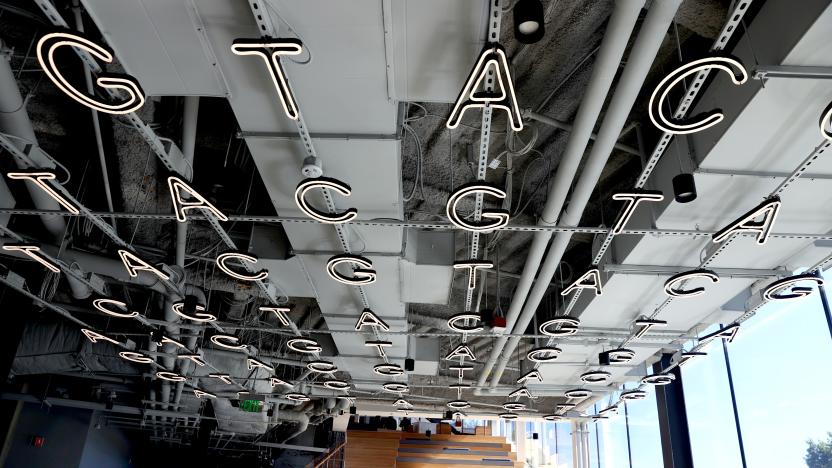
2023 was a big year for CRISPR-based gene editing but challenges remain
2023 was an important year for patients with sickle cell disease. The FDA approved Vertex’s “Casgevy,” a CRISPR-based therapy for the treatment of sickle cell disease marking it as the first genetically edited therapy to reach the general market.

CRISPR-based gene editing therapy approved by the FDA for the first time
The FDA greenlit two new drugs for the treatment of sickle cell disease in patients 12 and older, one of which —Vertex’s drug Casgevy.

UK authorizes first gene therapy for treating sickle cell disease
The UK’s Medicines and Healthcare products Agency approved the first-ever CRISPR-based gene editing treatment for blood disorders.
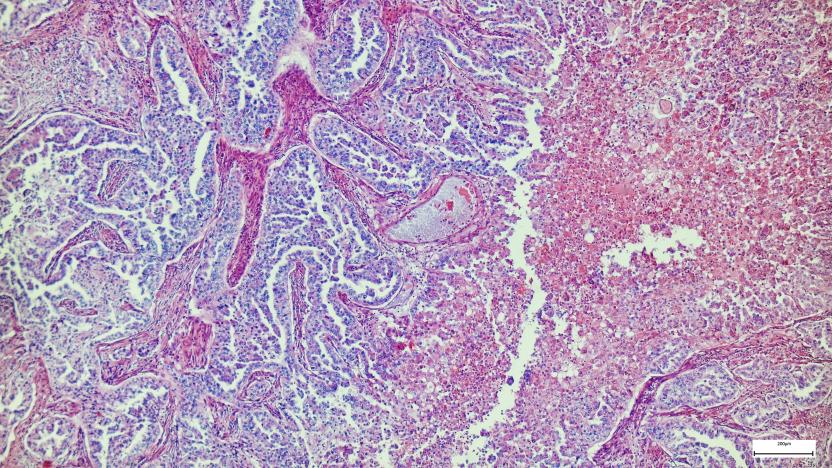
Researchers developed a gene-editing technology that reduces 'bad' cholesterol
Researchers discovered that a single infusion of a gene-editing treatment called VERVE-101 can reduce high cholesterol in patients.

Pressure mounts on FDA to expand pig-to-human organ transplant research
During a two-day conference in late June, policy advisors to the FDA and medical professionals discussed the future of xenotransplantation and "most attendees agreed that human trials are needed to help answer the most pressing research questions."
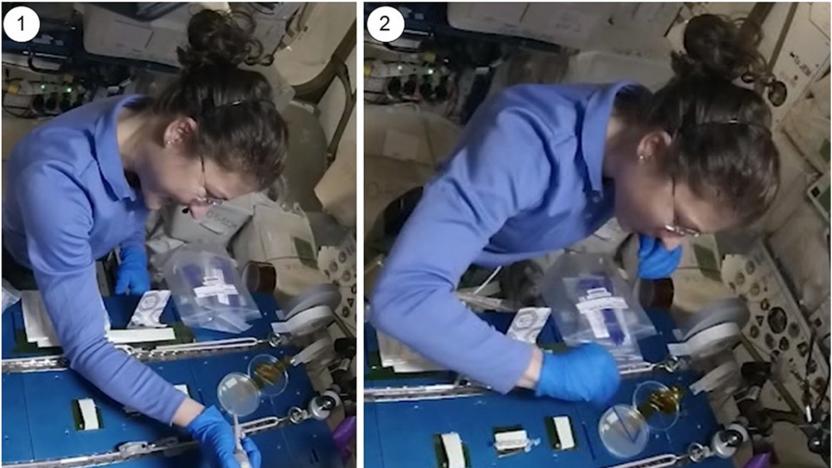
Astronauts show how CRISPR gene editing works in space
Astronauts have successfully used CRISPR gene editing in space for the first time, paving the way for studies of how space travel affects the human body.
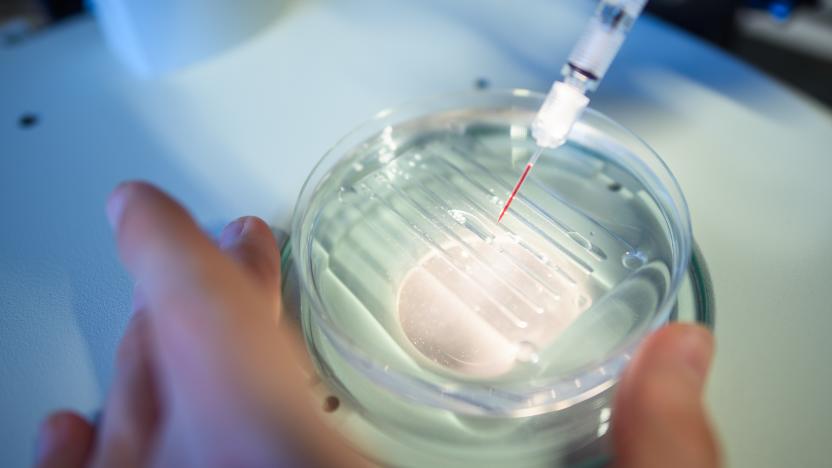
CRISPR gene editing breakthrough could treat many more diseases
Researchers have discovered that you can inject CRISPR gene editing directly into the bloodstream, potentially leading to effective treatments for many diseases.
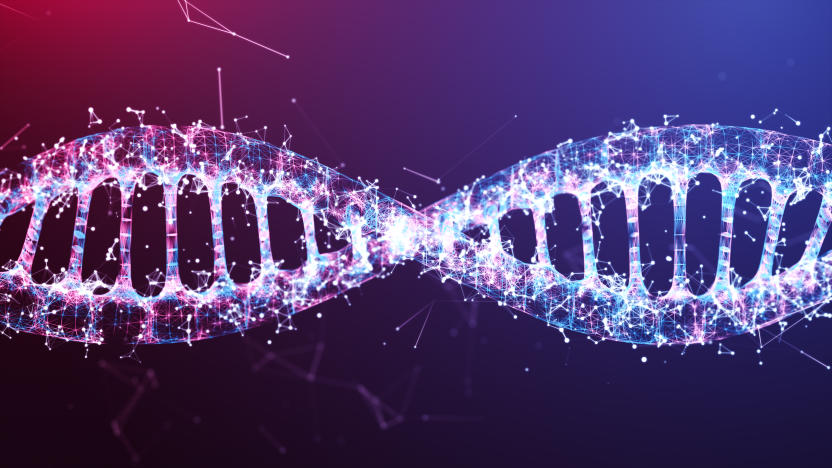
Harvard scientists create gene-editing tool that could rival CRISPR
Harvard's Wyss Institute has created a new gene-editing tool that enable scientist to perform millions of genetic experiments simultaneously.
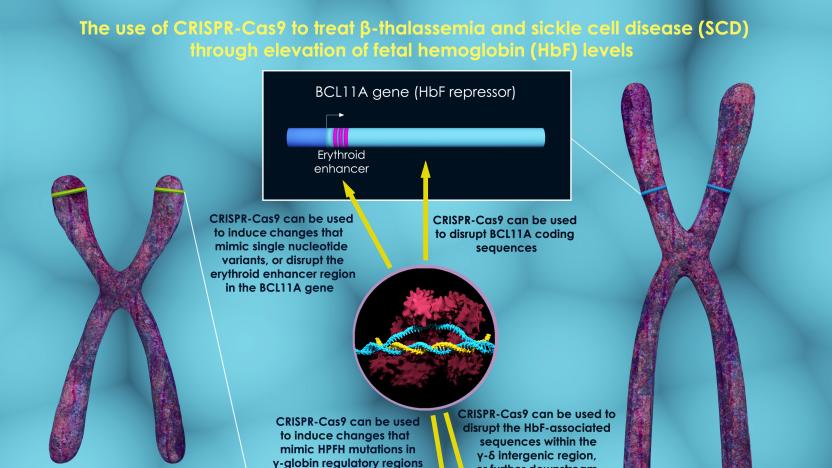
CRISPR gene editing shows promise for sickle cell disease
A breakthrough in CRISPR gene editing for patients with blood diseases shows the promise and problems with the new technology.

CRISPR gene editing pioneers win the 2020 Nobel Prize in Chemistry
CRISPR gene editing pioneers Emmanuelle Charpentier and Jennifer Doudna have won the 2020 Nobel Prize in Chemistry for a 'revolutionary' impact on science.
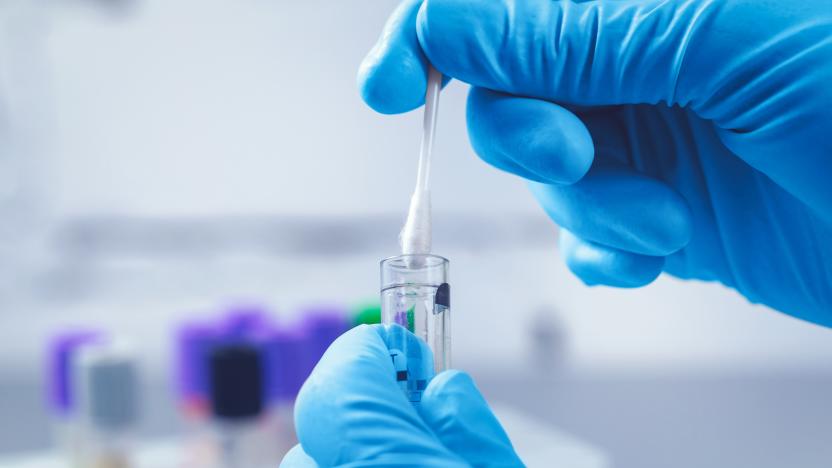
FDA approves a rapid COVID-19 test that uses CRISPR
Sherlock Biosciences has received an Emergency Use Authorization (EUA) from the FDA for a rapid COVID-19 test that uses CRISPR technology. Sherlock’s CRISPR SARS-CoV-2 test uses a CRISPR molecule to detect the genetic signature of the virus. The kit, which uses a nasal swab or bronchoalveolar lavage (BAL) specimen, is designed for use in laboratories authorized to perform high complexity tests.

Scientist who edited babies' genes sentenced to three years in prison
Last year, a Stanford-trained scientist stunned the world by revealing that he had created the first genetically-edited babies using the CRISPR/Cas9 tool.
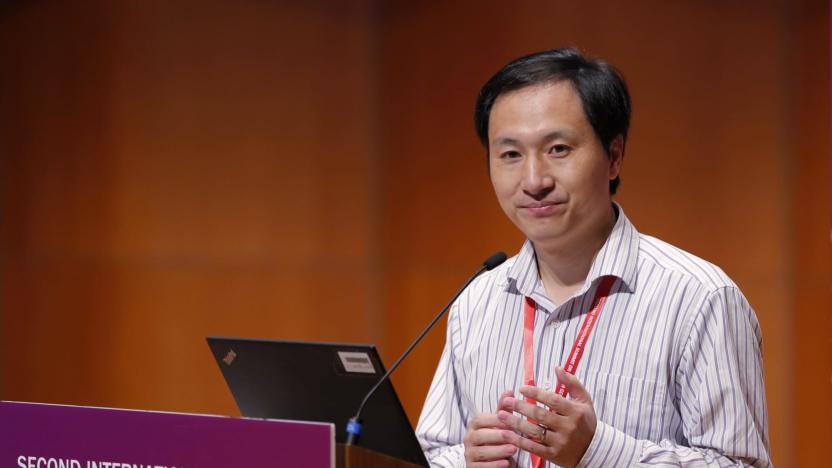
Recommended Reading: A year later, the CRISPR babies are still a mystery
Why the paper on the CRISPR babies stayed secret for so long Antonio Regalado, MIT Technology Review A year has passed since Chinese biophysicist He Jiankui presented work on editing the DNA of two girls while they were still embryos. Ethical issues with his actions abound, and even after all this time, there's still missing details on exactly what did/didn't happen. MIT Technology Review has several pieces on the story this week. Those include unpublished portions of the research manuscript and an explanation of why it hasn't been published by either of the two influential scientific journals He sent it to.
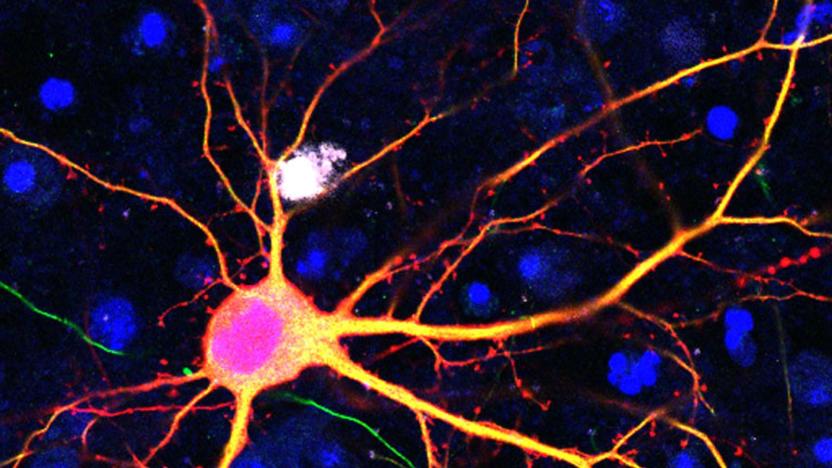
Gene editing tool could treat many diseases created by mutations
The use of gene editing to eliminate diseases has numerous challenges, including the not-so-small problem of dealing with mutation-based conditions like Huntington's. Existing approaches that replace the gene could cause damage. Salk Institute scientists say they've created a tool that can perform edits when mutations are at work. SATI (Single homology Arm donor mediated intro-Targeting Integration) builds on HITI, a variant of the familiar CRISPR-Cas9 gene editing technique, deals with mutations by inserting a healthy copy of a troublesome gene into the non-coding region of DNA. As the DNA repairs itself, the normal gene integrates into the genome alongside the old one -- it eliminates the harm from the mutation without taking risks.
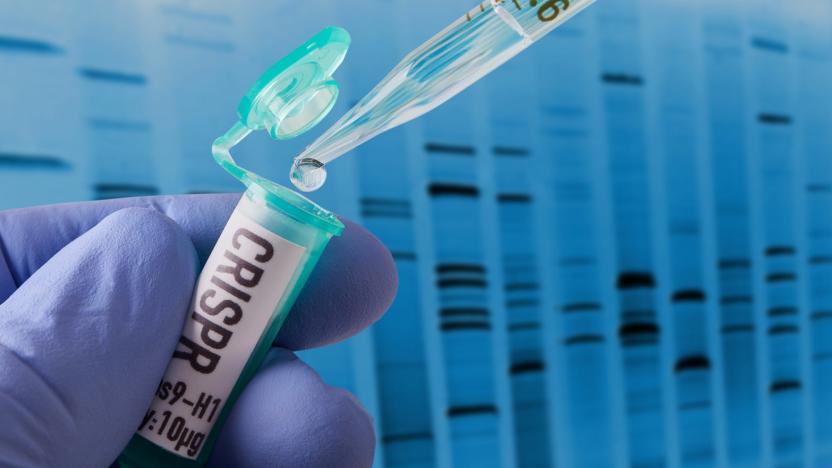
China's two CRISPR babies might have shorter life expectancies
The world's first genetically-edited babies could have a shortened life expectancy. In 2018, Chinese scientist He Jiankui claimed he used the CRISPR/Cas9 tool to disable the CCR5 gene in the embryos of twin girls, Lulu and Nana. The twins, He theorized, would be protected from HIV. Now, research published in the journal Nature Medicine suggests He might have shortened the girls' life expectancies.

Biohacker Josiah Zayner accused of being an unlicensed practitioner
Noted biohacker Josiah Zayner says he's under investigation for practicing medicine without a license. The former NASA scientist, known on social media for his DIY medical procedures, was sent a letter by the California Department of Consumer Affairs after it received a "complaint of unlicensed practice of medicine" against Zayner. As MIT Technology Review highlights, while anyone can file a complaint with California's medical board, the fact it is now investigating means it considers the accusations credible.

Scientists created a CRISPR tool that can wipe out longer pieces of DNA
An international team of scientists have developed a new CRISPR-based, gene editing tool. The researchers, led by the University of Michigan and Cornell University, compare the new tool to a shredder capable of wiping out long stretches of DNA. In comparison, previous CRISPR tools have been more like scissors that make individual snips. With the new method, scientists hope they might better understand various diseases and develop more advanced treatments.
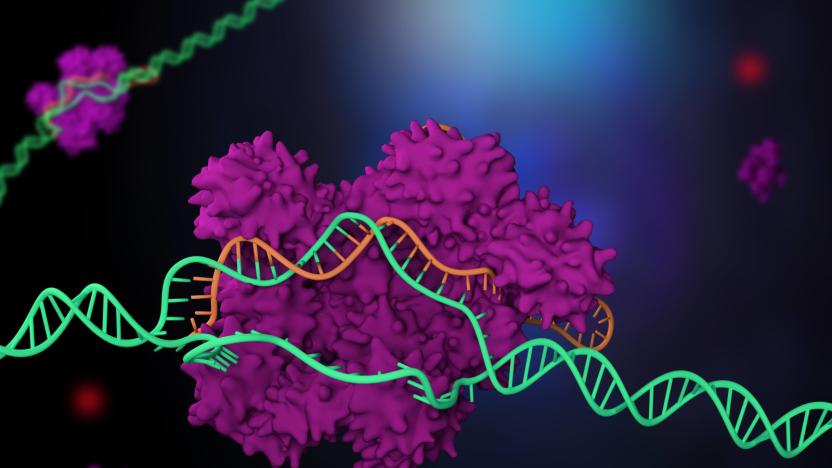
CRISPR gene editing has been used on humans in the US
The first human trials in the US for CRISPR gene editing are officially underway. A University of Pennsylvania in Philadelphia spokesman has confirmed to NPR that two cancer patients, one with myeloma and one with sarcoma, have received CRISPR treatments after standard treatment didn't hold. The trial removes, modifies and reinserts immune cells in hopes they'll destroy cancerous cells.

CRISPR doc 'Human Nature' embraces the hope and peril of gene editing
When making a documentary on something as groundbreaking and controversial as CRISPR, the gene editing tool that could potentially help us eradicate cancer, you need a deft touch. Lean into the hard science, and it might be too complex for general viewers. Focus intensely on the downsides -- like its potential to lead us down the dark path of eugenics -- and it might sound unnecessarily preachy. Go too light on either of those aspects, and it might be hard to take your film seriously.
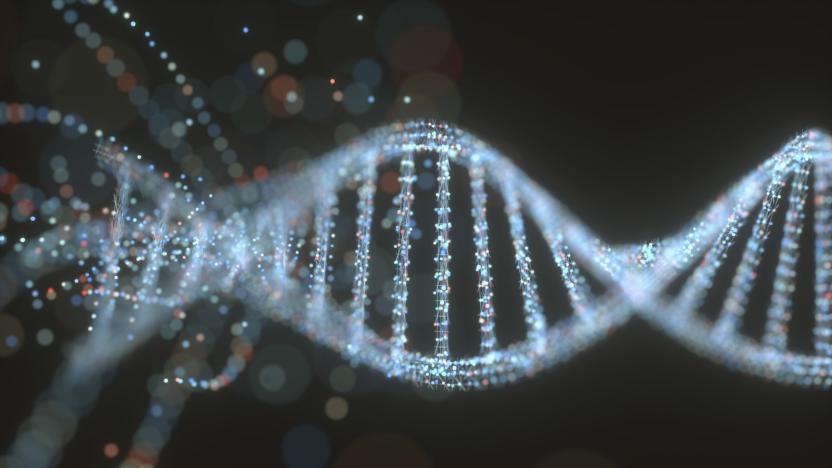
CRISPR gene-editing experiment may have impacted twins' brains
Researchers have published research into a gene at the heart of a controversial human gene-editing experiment, lending more weight to the theory that it inhibits cognitive function. But no one knows how the method may have affected the minds of the Chinese twins at the center of the issue. One scientist involved in the study, University of California, Los Angeles neurobiologist Alcino J. Silva, said the "mutations will probably have an impact on cognitive function," but it's impossible as yet to predict the precise effects. The CRISPR-Cas9 gene-editing technique has previously been linked with unintended DNA damage.









